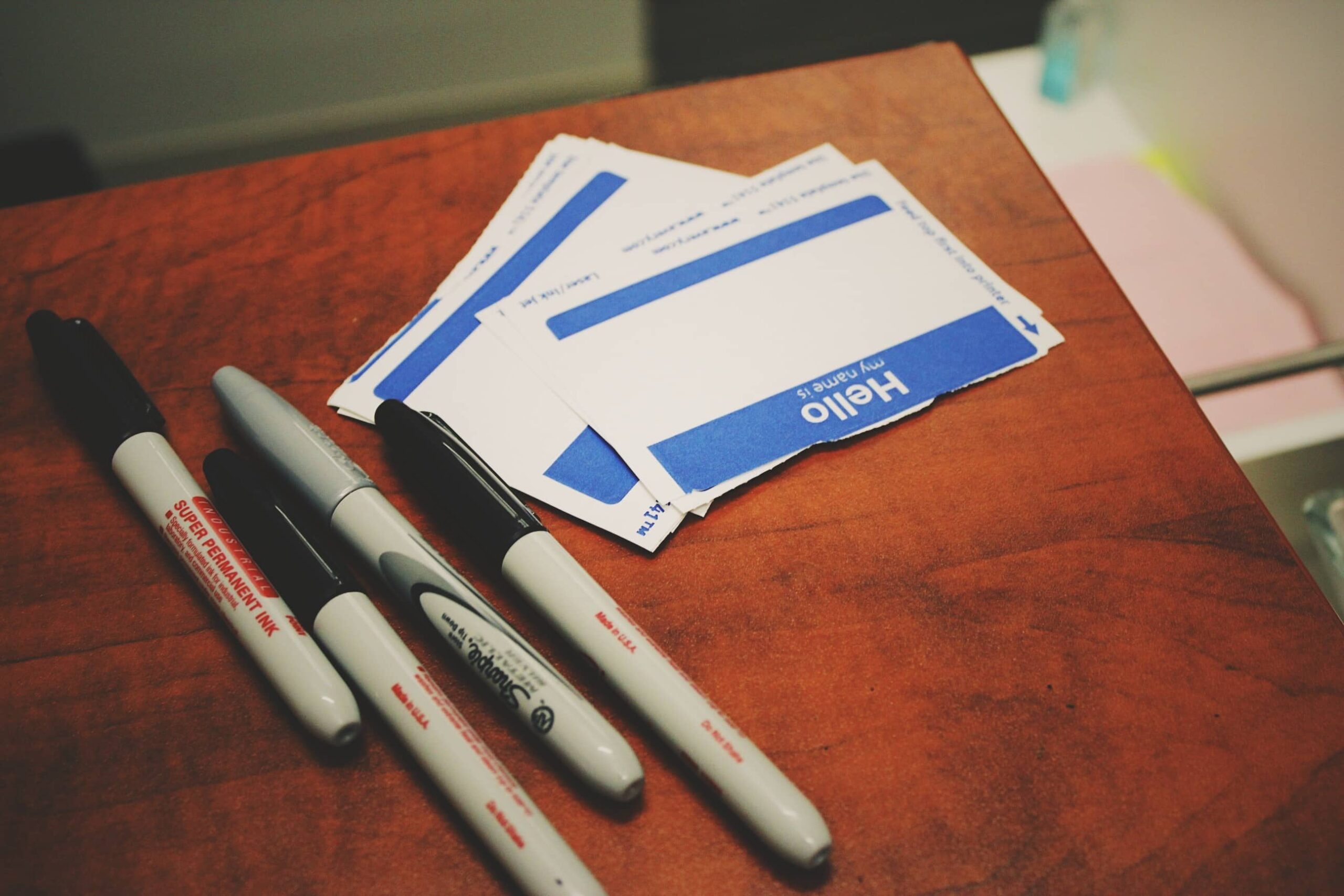The team has been assembled. Great minds across the globe have come together. Fields of expertise have been united. Industry and academia fight for a common cause, pushing the boundaries of science, tech and human advancement. What next? Time to chow down on some alphabet soup: it’s the research project acronym.
An acronym for your project, think tank or research team can be useful to give yourself an identity within academic circles. However, if you’re looking to take your research to a wider audience, such as your stakeholders or the general public, it’s time to reinvent yourselves. To the average person, a research project acronym is a jumbled string of meaningless letters, often with a COnFUsinG battle between upper and lower case letters. It’s nameless, faceless. And from a logo point of view it doesn’t catch the eye.
So whether your project team uses an acronym, portmanteau or initialism, consider this: does it roll off the tongue? Is it memorable? Will it look good as part of a visual identity? And, most importantly, will your audience connect with it?

What’s in a name?
There are many ways in which we can come up with a meaningful name. From word association, symbols, hybrid names, backwards words and misspellings the key is to find something that is not only memorable but aesthetically can look great once designed. In Rob Meyerson’s Book Brand Naming: The Complete Guide to Creating a Name for Your Company, Product, or Service, Rob guides individuals and teams along a process of brand naming. you’ll learn:
- What makes a good (and bad) name
- The step-by-step process professional namers use
- How to generate hundreds of name ideas
- The secrets of whittling the list down to a finalist
This is best explored as a group activity and it can also be a lot of fun! The process of creative brainstorming and whittling down ideas can be incredibly cathartic and can unite the team in its common cause. Strong affiliation with the project name can give a sense of unity as it empowers us with a name that resonates and means something.

If your research has the potential to make waves and even start a movement, it needs a name that’s fit for purpose. Before you decide upon a name for your baby, it’s important to imagine them as an adult, introducing themselves in a job interview. The same applies here: when you name your project, consider how well that name fits later down the line, when it grows and develops. Need help creating an identity for your research project? Our free research communications workshop could be just the thing to get your creative juices flowing.
Like this article? We’ve got loads more where that came from. Sign up to Project: Insight, our fortnightly email digest for best practices in research dissemination and creative innovation for projects.

